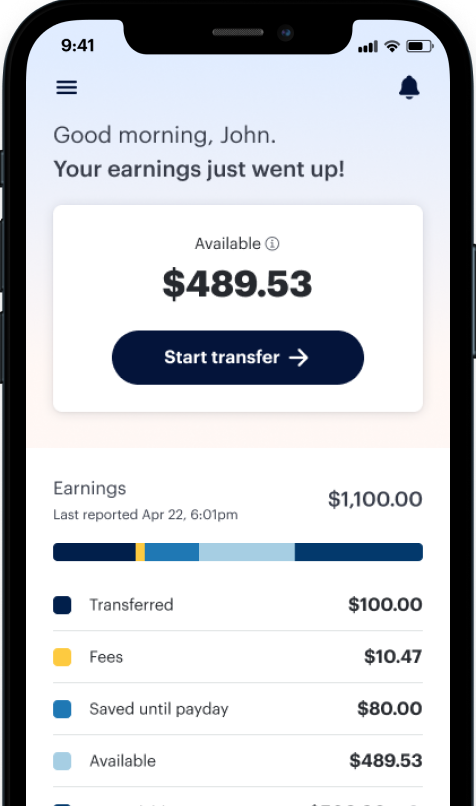Raising fur babies isn’t always cheap. The average pet owner spends $111 each month on their pets, according to one survey. That doesn’t include initial adoption fees and supplies, which typically tack on an extra $176 in upfront expenses.
Many different costs go into caring for a pet—from keeping them healthy and fed to responding to expensive emergencies. Planning ahead for pet care costs can help you prepare your budget and avoid unexpected financial surprises. Below are some simple ideas for pet owners to consider.
1. Pad your emergency fund.
Your emergency fund is designed to provide some financial breathing room. When an unforeseen pet expense rolls around, cash reserves can help you get over the hump without reaching for a credit card. Begin with your monthly budget to see how much you can reasonably funnel into your savings account each month. After all your bills are paid and you’ve set some money aside for your financial goals, how much is left over? Any surplus could be used to pad your emergency fund.
2. Leave a pet care cushion in your checking account.
Another option is routinely leaving a little something extra in your checking account each month for pet expenses. Let’s say you settle on $150. If you need to pick up dog food or grab some medicine for your cat, you’ve got that money on hand. You can then carry over any remaining balance to the next month and fund the difference to restore it back to $150.
If you don’t end up using the full amount each month, you’ll be ahead of the game. And if you spend more than expected, you won’t be as behind as if you’d set aside nothing. Just keep in mind that this option will not prepare you for costly pet emergencies. Your savings account will likely be a better tool here.
3. Look into pet insurance.
Pet insurance policies can be structured in a few different ways. As Canine Journal points out, some cover general pet wellness, while others are geared toward accident and illness coverage. The specific policy you choose will clarify what’s covered and what isn’t. According to the North American Pet Health Insurance Association, the average 2020 monthly premium for an accident and illness policy for a dog is $49.51. That number drops to $28.48 for cats. Pet wellness plans may cover routine exams, spay and neuter procedures, vaccines, teeth cleanings and more. Costs vary but some plans cost as little as $20 per month.
4. Keep up with regular maintenance.
Keeping up with routine exams and preventative measures can go a long way in shoring up your pet’s health. It can also help keep your budget in check. Let’s say you skip your dog’s annual vet visit. When you go back a year later, the vet might recommend shots and other services to catch your dog up on what they missed the last time, which will likely result in a bigger bill. In the meantime, your dog could have also developed a health issue that now requires more attention (and money) to remedy. This is all to say that staying on top of their health is always wise.
5. Research the right vet for you.
Not all veterinary practices are equal. Prices can vary widely from one practice to another. Consider reading patient reviews and comparing services that may apply to your pet. Another tip is to always request an itemized estimate of services before moving forward with a recommended treatment or procedure. If it’s not an emergency, you could schedule it for a few months out to give yourself time to save. You can also explore your local animal shelters to see if they offer more budget-friendly services. The same goes for local veterinary colleges.
All information herein is for educational purposes only and should not be relied upon for any other use. The information herein does not constitute the rendering of financial advice or other professional advice by DailyPay. No fiduciary obligation or duty exists, or is created, between you and DailyPay. DailyPay does not warrant the completeness or accuracy of any information provided to you.

